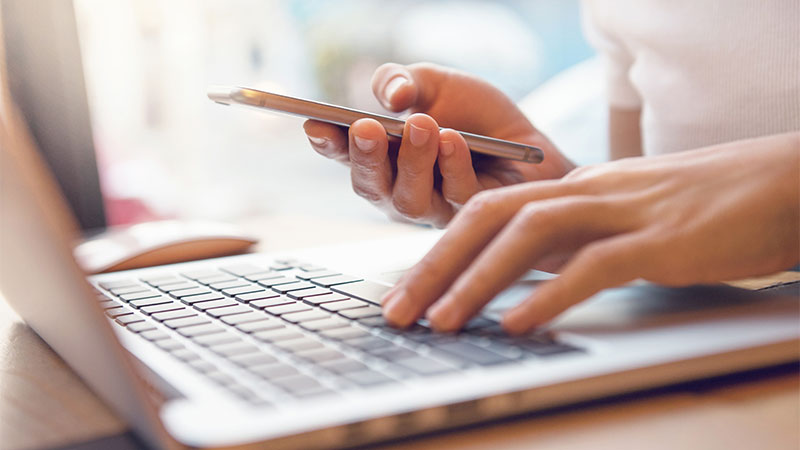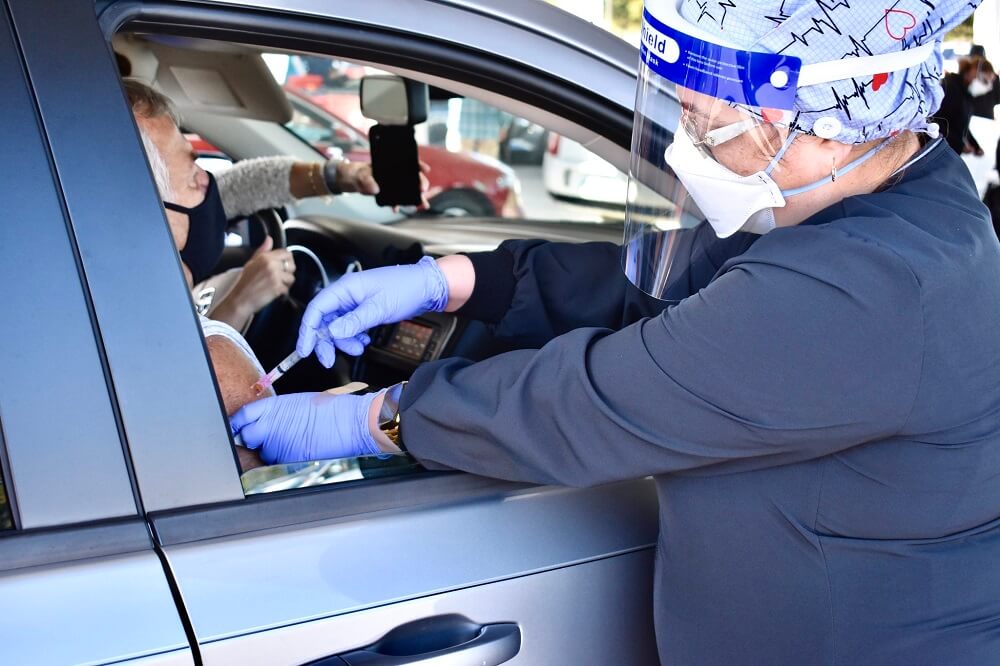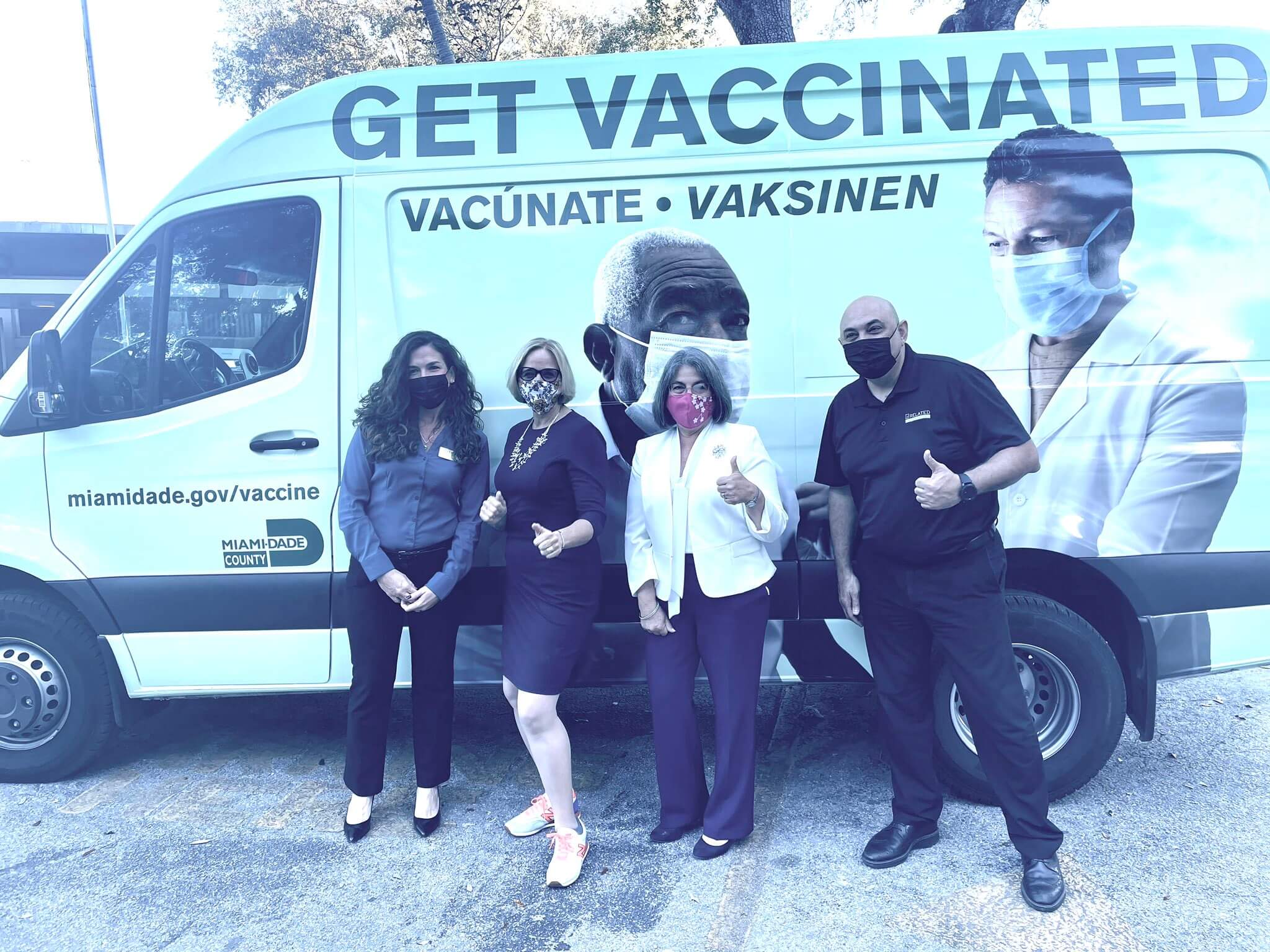One department that has gone above and beyond in continuing to adapt to these ever-changing circumstances has been the Miami-Dade County Public Library System. When the Omicron variant began its rapid spread through our community, Miami-Dade Libraries collaborated with the Miami-Dade Police Department and Miami-Dade Emergency Operations Center to distribute over 300,000 test kits over the course of three days in December 2021 and January 2022. Knowing that this pandemic has made access to the internet a necessity, our Library system also launched its Drive-Up Wi-Fi community connectivity initiative, which provides residents without internet access at home a reliable way to get online. This initiative has allowed individuals to connect for work, school, apply for social services, and more. Currently available at 24 of our 49 library locations, we’ll be expanding this initiative in 2022, bringing it to 35 locations and increasing the number of Wi-Fi parking spaces from 240 to 829.
Complementing this initiative is our library system’s Tablet Lending Program, because internet connectivity doesn’t do a whole lot if our residents don’t have devices to connect with. Through this program, residents throughout Miami-Dade County can now check out tablets equipped with cellular internet services from all 49 of our libraries to be used at home, school, work, or on the go. To date, approximately 4,500 tablets have been checked out. In fact, this program has been so successful that we’ll be expanding it by adding 2,000 chromebooks and 500 more hotspots over the course of the next year.
Miami-Dade’s Public Library System’s innovative work through this pandemic has helped ensure that none of our residents are left behind as we continue our recovery and adapt to these new circumstances - but they’re hardly the only department that has done an amazing job helping those hardest hit by this pandemic.
In addition to the public health consequences of COVID-19, we have also seen this pandemic’s impact on our vibrant and diverse arts community, which generates $1.43 billion in annual economic impact and employs 41,000 cultural workers. In our community, visual and performing arts are central to our collective identity, and through the work of our Department of Cultural Affairs, we have made sure that the ties that bind us to our past, present, and future remain stronger than ever.
Throughout the course of 2021, our Department of Cultural Affairs secured federal and private funding to help arts organizations and artists in Miami-Dade County survive the pandemic and help restart the economy. This includes helping more than 130 Miami-Dade County arts organizations secure over $128 million in federal Shuttered Venue Operators Grants to keep them afloat through the worst of the pandemic.



